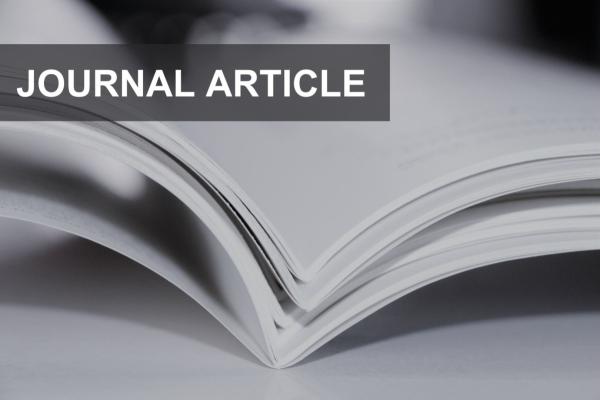
Mehler, Prof. Dr. Andreas (2019): „The limits of instrumentalizing disorder: Reassessing the neopatrimonial perspective in the Central African Republic“, in: African Affairs, 118 (471), 307-327.
peer reviewed
Doi-Nummer: https://doi.org/10.1093/afraf/ady052
peer reviewed
Doi-Nummer: https://doi.org/10.1093/afraf/ady052
Abstract:
Assumptions about the political economy of African states predominantly centre on a dominant elite’s ability to stabilize power. A key assertion is that elites maintain clientelistic networks of rents and redistribution and in turn extend their control over their respective territories by instrumentalizing disorder. We challenge the assumption that disorder plays such a functional role. Largely drawing on data and fieldwork from the Central African Republic, we demonstrate the profoundly unproductive consequences of disorder that tend to be overlooked through current approaches to the political economy of African countries. We investigate how disorder impacts three dimensions of effective politics of domination: a set of elite groups that structure power in society, a political economy that redistributes its benefits through formal and informal networks, and the existence of functional centre–periphery ties across a territory. The article shows with regard to the Central African Republic that disorder has produced a small political elite that is largely unable to stabilize its power basis. We argue that certain African states are subject to forms of disorder that political elites cannot turn into an advantage.
Date of publication:
Forschungsbereich:
Conflict and Fragility
Language: English
Full Publication
